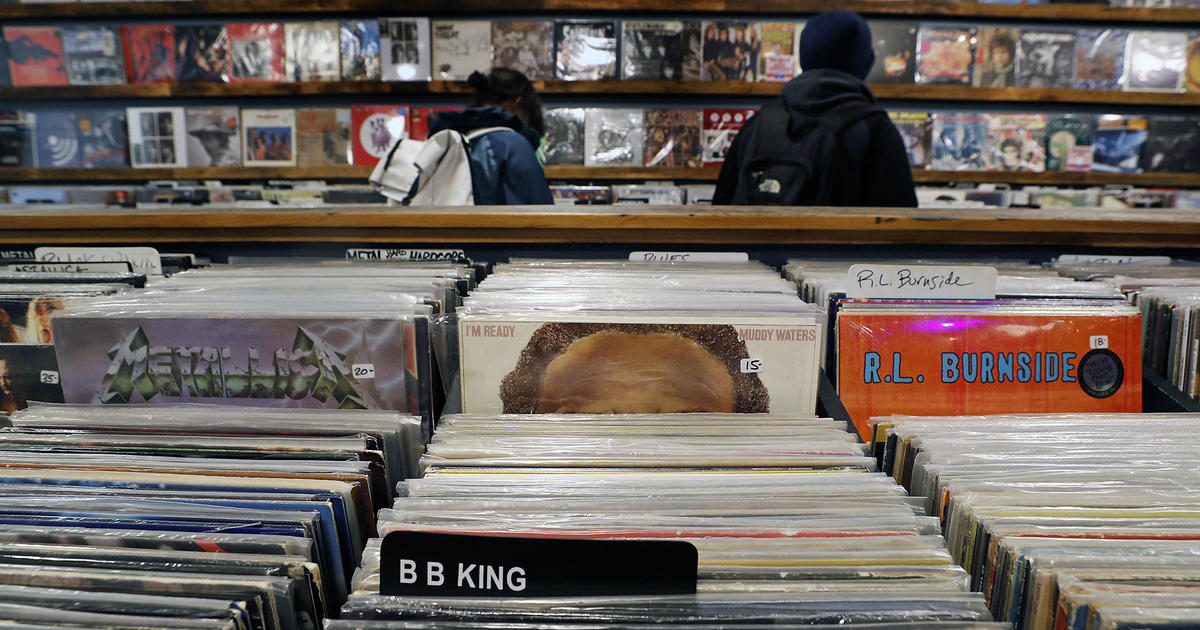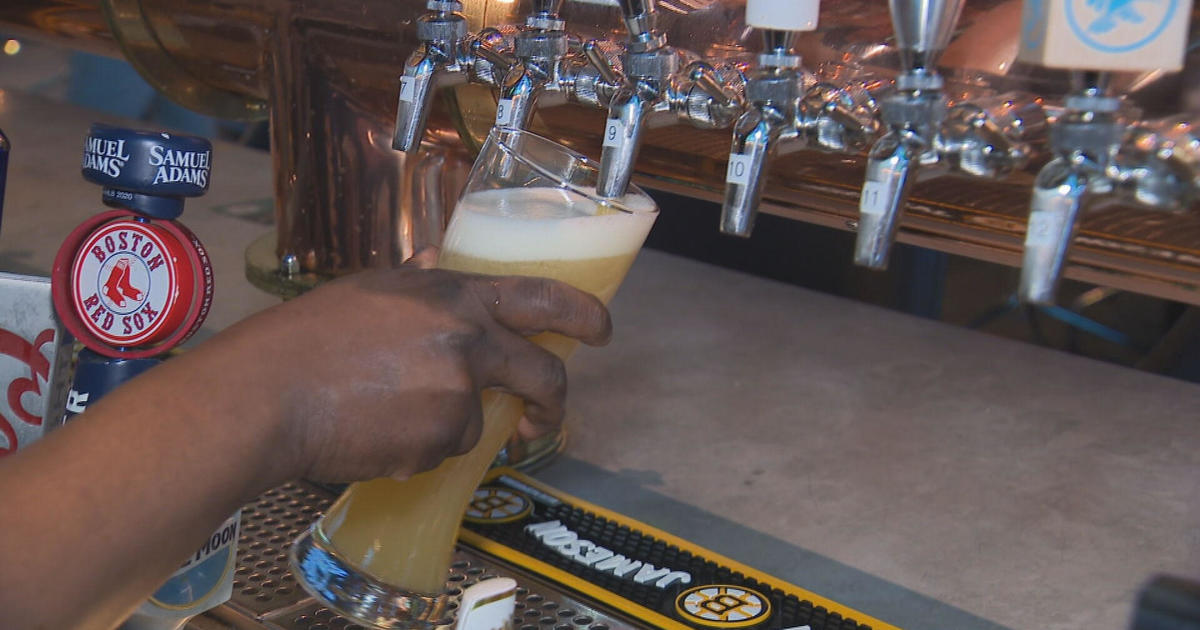Consumers Curious About Paying For Bills
 WBZ
WBZ
Paying a bill, to get a bill? That's what one cell phone company has been telling its' customers they'll need to do.
And Evelyn from Lexington is not happy about it.
She went to the Curiosity section of our website and writes:
"We received notice that starting in September they will charge for a paper bill. Is this legal?"
And Ed from Boston adds: "This seems crazy to pay to get a bill."
As David Wade found out, many companies want us to go paperless, and if we don't, some of them want to hit us in the pocketbook.
"I think it's outrageous. I mean it's price gouging at the least," says Evelyn Cassara.
Shocked doesn't quite describe what she felt when she saw a notice in her cell phone bill.
"I can not tell you on-camera," she told us.
Evelyn learned that T-Mobile was going to charge her $1.50 every month to continue getting a paper bill in the mail.
"So people have to pay a buck fifty for the privilege of paying their bill," she says.
T-Mobile is pushing its' customers to go paperless and get bills on-line. There's no charge for that.
"They found a new way to charge customers money," says consumer advocate Edgar Dworsky, who runs consumerworld.org. Even though the fee seems legal, Dworsky says it's a bad deal.
"I think that's unfair to customers, particularly those who don't have internet access at home. What are you going to do? Go to the public library every month to look at your bill online?" says Dworsky.
Why charge for a paper bill? Well the first time we asked T-Mobile that question they sent us a statement that didn't answer it at all. The second time we asked the company said going paperless saves them money, and is good for the environment because it saves paper and trees.
T-Mobile wouldn't tell us how they came up with $1.50. Big companies that send out tons of bills can get cheaper postal rates than regular folks. For us 44 cents, for them 33-35 cents.
You can buy an envelope with one of those plastic windows for less than half a cent in a store like Staples, and a piece of paper costs less than a penny at Office Max. Of course there's the cost for the person who prints the bills.
Still people we talked to say it's just too much, and they don't buy the "save the trees" argument either, saying they think it's more likely an effort to put more money into T-Mobile's pockets.
Evelyn Cassara didn't take it. She started complaining, to T-Mobile, to us, to the Boston Globe and to the Federal Communications Commission. And on T-Mobile's own on-line customer forum they were screaming mad.
One person wrote: "This charge is bogus."
Another: "I'm being coerced to sign up."
A class action lawsuit has also been filed. The complaints apparently became too loud because a couple of days ago T-Mobile changed its' corporate mind and dropped the charge.
"It's just a whole system run amok," says Cassara.
But even this small consumer victory may be brief. T-Mobile says no fee...."for now." And advocate Edgar Dworsky says companies charging for paper bills is the wave of the future.
"It seems like more and more companies are looking for ways to save money and maybe even to collect a little extra money, so they really are encouraging e-billing," he says.
No cell company we're aware of charges a fee for a paper bill that just summarizes your charges, which is what T-Mobile wanted to do. Some companies, including T-Mobile, do charge for paper bills that itemize all your calls.
And it's not just phone companies beginning to charge for paper bills. The Massachusetts Fast Lane system will hit you for $2 a month for a paper bill.
You can join the conversation. Go to www.wbztv.com/curious and tell us what you want to know.
© MMX, CBS Broadcasting Inc. All Rights Reserved.



